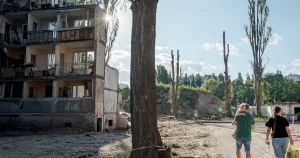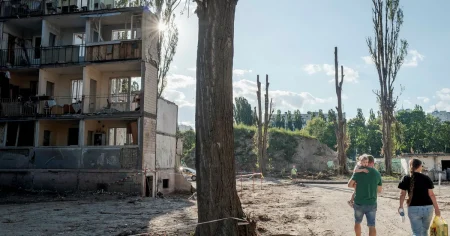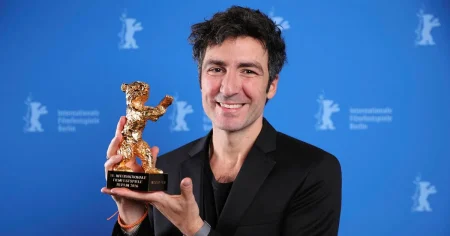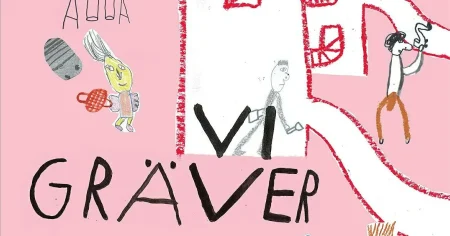The concept of a cultural canon, a collection of works considered essential to a nation’s cultural heritage, has sparked considerable debate, with proponents lauding its potential to foster a shared national identity and opponents criticizing its inherent exclusivity. This contentious discourse has spurred a new research project in Sweden, aiming to delve into the complex landscape of cultural canon formation and its societal implications. The project seeks to understand how various stakeholders, including media outlets, political figures, and educators, define and utilize the concept of a cultural canon. This exploration will encompass an examination of the values associated with canonization in Sweden, as well as a comparative analysis of similar initiatives in other countries, providing a broader international context for the Swedish debate.
The project’s core focus revolves around unraveling the intricate interplay between the cultural canon and various societal actors. It aims to dissect how the media portrays and frames the canon, shaping public perception and influencing the discourse surrounding its composition and purpose. Furthermore, the research will investigate the role of politicians in either promoting or opposing the establishment of a cultural canon, analyzing their motivations and the potential political ramifications of such initiatives. The project will also delve into the pedagogical implications of a cultural canon, exploring how educators incorporate, or choose not to incorporate, canonical works into their curricula and the impact on students’ understanding of cultural heritage.
A crucial aspect of the research involves identifying the values that underpin the concept of a cultural canon in Sweden. This encompasses an analysis of the criteria used for selecting canonical works, whether based on aesthetic merit, historical significance, or social relevance. By examining these values, the project aims to shed light on the underlying assumptions and ideologies that shape the construction of national cultural identity. The research will also consider the potential consequences of canonization, including the marginalization of certain voices and perspectives, and the perpetuation of existing power structures.
The comparative dimension of the project will enrich the understanding of cultural canon debates by examining similar initiatives in other countries. This comparative analysis will explore how different nations approach the concept of a cultural canon, the criteria they employ for selecting works, and the societal impact of these initiatives. By comparing and contrasting different national contexts, the research will provide a broader framework for understanding the complexities and nuances of cultural canon formation and its implications for national identity and cultural heritage.
The research project, granted substantial funding from the Swedish Research Council, represents a pioneering effort in Sweden, as it marks the first dedicated investigation into the complex landscape of cultural canon research within the country. This underscores the significance of the project in addressing a critical gap in academic understanding of the cultural canon and its role in shaping societal perceptions of cultural heritage. The project’s findings will contribute valuable insights into the ongoing debates surrounding cultural canons, informing policymakers, educators, and the broader public on the multifaceted implications of canon formation.
The politically charged nature of the cultural canon debate, rather than being a hindrance, serves as a catalyst for deeper analysis. The research project acknowledges the inherent ideological underpinnings of cultural canon discussions and aims to unpack the various perspectives and motivations driving the debate. This analytical approach will provide a more nuanced understanding of the complex interplay between culture, politics, and education, ultimately contributing to a more informed and productive dialogue about the role of cultural canons in shaping national identity and cultural heritage. The project’s commitment to exploring the ideological dimensions of the debate will ensure a comprehensive and critical examination of the cultural canon and its societal implications.














